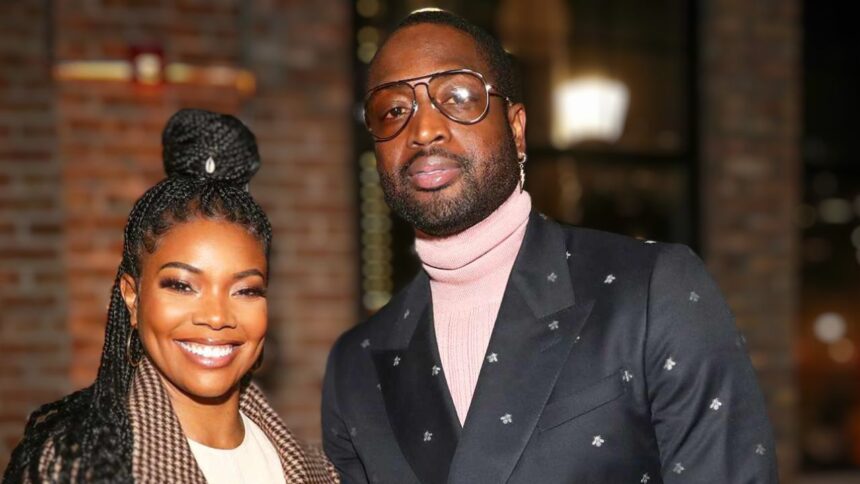As the curtains closed on Dwyane Wade’s storied NBA career, he faced the daunting task of transitioning to a life outside the hardwood floors that he dominated for over a decade. In a candid 2019 interview with ESPN’s Rachel Nichols on “The Jump,” Wade opened up about his plans for retirement, including his proactive approach to mental health.
Wade, who officially retired at the end of the 2018-19 NBA season with the Miami Heat, revealed that adapting to a routine-less life after professional sports would be a significant challenge. Known for his dedication and the intensity he brought to the game, the transition posed an emotional adjustment that Wade was prepared to address head-on.
“I’ll be in therapy. Seriously. I meant it. It is going to be a big change,” Wade disclosed during the interview. His decision to seek therapy was motivated by the recognition of the profound shift in his daily life and identity following retirement. He expressed initial reservations about therapy, reflecting a common sentiment among athletes accustomed to self-reliance: “I was always against someone that don’t know me telling me how to live my life or giving me instructions. But I need someone to talk to about it because it is a big change.”
This openness about pursuing mental health support is not just a personal step for Wade but also a public endorsement of the importance of mental well-being, especially for athletes accustomed to high-pressure environments and public scrutiny.
Wade’s illustrious career began when he was drafted fifth overall by the Miami Heat in 2003. Over his NBA tenure, he earned the nickname “Flash” for his explosive play and was pivotal in leading the Heat to three NBA championships. His transition out of this high-octane lifestyle was buffered by the support of his family, particularly his wife, actress Gabrielle Union, who has been an active partner in navigating his post-basketball life.
Together, Wade and Union have embarked on various new ventures and experiences. They are often seen traveling, engaging in community service, and participating in business and entertainment projects. These activities reflect Wade’s seamless adaptation to life beyond professional sports, embracing new roles that still allow him to influence and inspire.
In discussing his legacy off the court, Wade highlighted his desire to leave a mark not only as a great athlete but also as a role model in personal development and mental health advocacy. His journey underscores the broader narrative of athletes who continue to redefine their purpose and impact after their sports careers end.
As Dwyane Wade and Gabrielle Union continue to explore this new chapter, their story offers valuable insights into the challenges and triumphs of life after professional sports. Wade’s commitment to his mental health and his willingness to share his journey openly provides encouragement and a blueprint for other athletes facing similar transitions.




